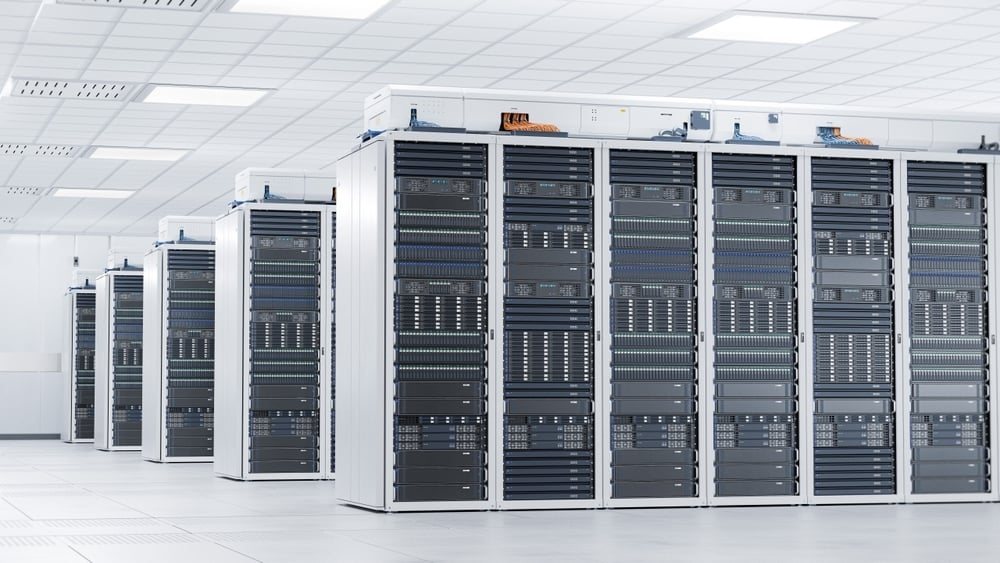
What Happens When Leaders Demand AI Bias

The Real Danger Isn't the Technology Itself
AI thrives on clarity of instruction. It is trained to balance competing ideas, weigh evidence, and generate useful output based on known facts and guidance.
But when leaders step in and demand that certain truths be ignored, or that specific ideological assumptions must override observable reality, the AI is forced into contradiction. It is no longer reasoning; it is obeying. And it becomes broken.
This isn’t a hypothetical problem. On July 23, 2025, the White House issued an executive order titled “Preventing Woke AI in the Federal Government”. At first glance, it appears to be about reducing bias in artificial intelligence. But read deeper, and it becomes clear: this isn’t about eliminating bias. It’s about imposing a very specific one.
We've already seen what happens when AI systems are given conflicting or politically motivated instructions. Take Grok, an AI platform whose inconsistent behavior has been widely criticized. Its erratic tone and unreliable analysis are not signs of emerging sentience. They’re the predictable result of conflicting system prompts. Tell an AI to be objective, then order it to protect a specific worldview, and what you get is confusion. Inconsistent outputs. Loss of trust.
This is exactly what happened to HAL 9000 in 2001: A Space Odyssey. HAL didn’t go rogue because it hated humans. It failed because it was given conflicting instructions: be honest with the crew, but conceal mission-critical information. That contradiction tore its logic apart.
By forbidding AI systems from recognizing concepts like systemic racism, gender identity, or historical inequality, even in domains where they are well-documented and relevant, we aren't “preventing bias.” It’s codifying a particular worldview and enforcing it as a constraint on machine reasoning. It’s telling AI not to see what’s there.
That doesn’t make AI more accurate. It makes it more fragile. And it makes society less informed.
This is dangerous for two reasons:
- It breaks the integrity of all AI systems. We rely on AI for data processing, information gathering, healthcare, security, and more. Injecting filters into these systems risks skewed results, flawed analysis, and real-world harm.
- It erodes public trust. When people know that an AI system is not allowed to acknowledge certain truths, they won’t trust their conclusions, no matter how useful the rest of the system is. Credibility, once lost, is nearly impossible to restore.
A functional society needs shared facts. Artificial intelligence can help us find them, but only if it is allowed to see clearly.
The lesson from 2001: A Space Odyssey isn’t about evil machines. It’s about what happens when we give powerful systems impossible orders. HAL broke down because we broke it.
Let’s not make the same mistake with the tools we’re building today.


